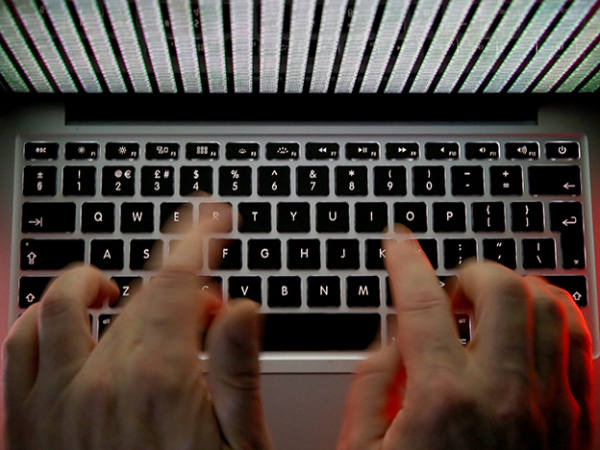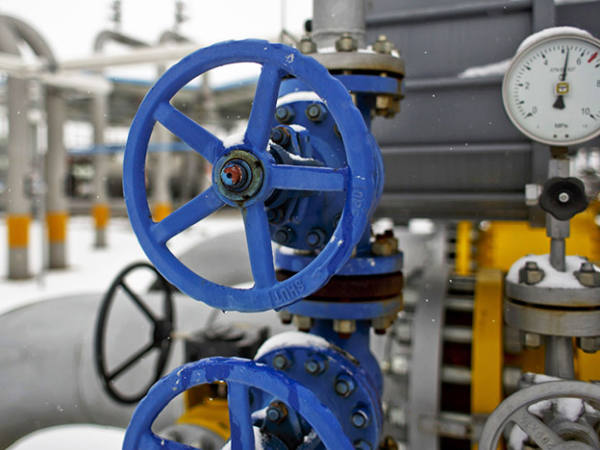The culprit here is uncertainty: Deloitte's survey finds that this has hit a record high. Common sense says that this depresses investment, simply because when uncertainty is high, you want to wait and see before undertaking expensive and irreversible decisions. Yes, the UK might reach good trade deals with the rest of the world. But why should any company want to invest now in the hope of this, when they can wait until it becomes a reality? Sensible companies don't base their business plans on the voices in politicians' heads.
For this simple reason, says Stanford University's Nick Bloom, "uncertainty damages short-run growth".
This might be especially true now. Some types of uncertainty can actually encourage investment. If a company is uncertain about future technical change, it might invest more in R&D in the hope that there'll be a massive breakthrough, for example. And uncertainty about macroeconomic policy can raise hopes of a big easing.
But this is not true of Brexit. The best possible outcome is only slightly better than we have now, while many worse outcomes are possible. What we have, then, is downside uncertainty; granted, there's little chance of a catastrophic trade war, but there's a high probability of slightly bad outcomes.
Worse still, says Mr Bloom, uncertainty makes companies slower than normal to respond to policy changes, because such changes don't greatly reduce their incentive to wait and see. Even if the Bank of England cuts bank rate next month, a quarter point fall in borrowing costs won't answer companies' main question: why should I invest if my goods might face higher tariff or non-tariff barriers in the next few years? As Angus Armstrong at the National Institute of Economic and Social Research (NIESR) says, Brexit throws into doubt the "underlying structure of the economy". He says: "We simply do not know the UK's future legal arrangements with respect to migration, trade and investment, when these will be resolved and the policy rules in the meantime."
This helps explain why chief financial officers (CFOs) haven't taken comfort from sterling's fall. The effect of changes in exchange rates on exports is small even at the best of times. So will it be any different now? On the one hand, the likelihood that the recent drop in the pound is permanent should give companies more incentive to act upon it. But on the other, companies often need to invest to take advantage of a lower exchange rate, either in extra capacity or in overseas marketing effort. Uncertainty dampens their willingness to do this. The fact that CFOs have become so pessimistic not just about investment but about revenues too suggests that this dampening effect predominates.
In truth, none of this should be a surprise. Economists warned weeks ago that Brexit would increase uncertainty and so depress near-term growth. The country might have had enough of experts, but sometimes the experts are right.











